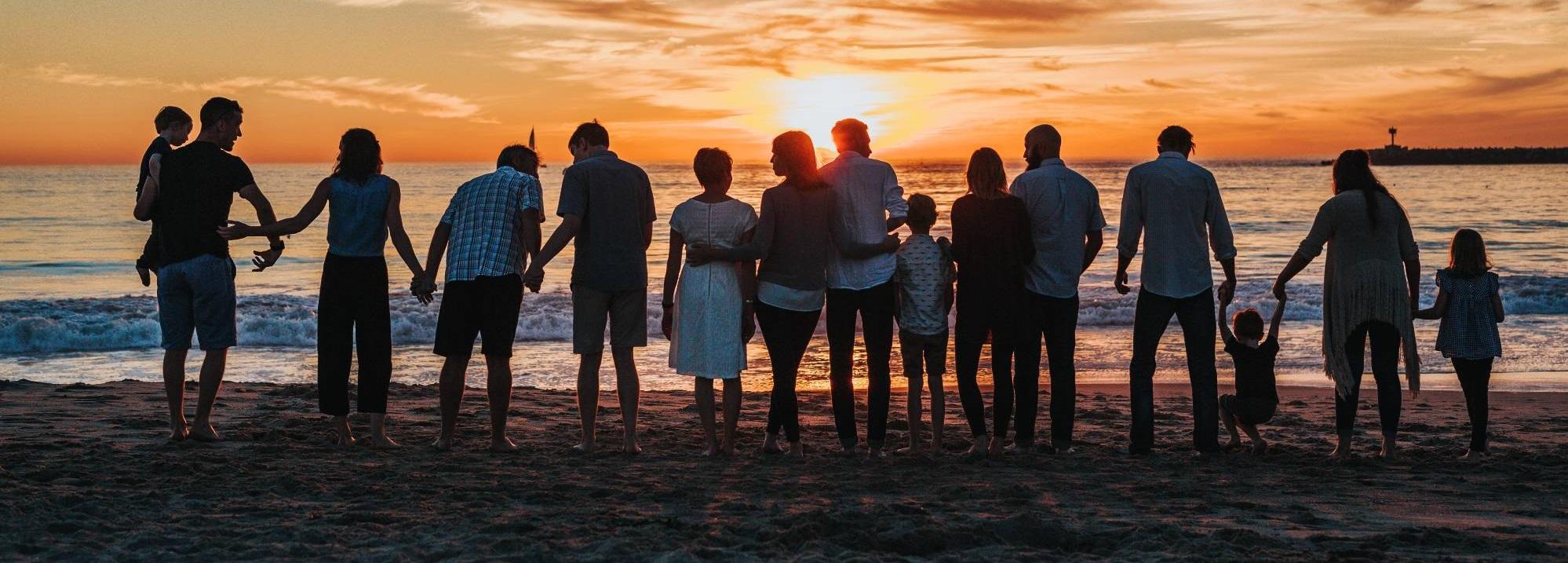Jury Duty
I recently had the experience of serving on a jury. Quite an interesting world they call the judicial system. In reflecting on the experience and in particular the case we were judging, I was struck by some things. But first let me set the scene for you.
This was a civil case, meaning there was a dispute between two parties about something. In this case it was an auto accident. Not a horrible one. Not a lot of damage. But still more than what most of us would call a “fender-bender”. Whose fault it was was already settled. Our case involved medical bills and “pain and suffering”. The person hit (the Plaintiff) claimed to have suffered neck and back injuries that weren’t immediately apparent, but grew much worse over the ensuing weeks. Treatment was delayed, mainly because of a lack of medical insurance. Selection of the medical practitioner eventually seen was influenced in part by not requiring up-front money for treatment. There were therefore medical bills to be paid- thousands of dollars worth- but no money to pay them. Our job as jurors was to decide if the accident caused the injuries and if so how much of the medical bills to pay and if any pain and suffering award should be made.
The issues that sounded familiar to me relative to my Life Planning work were: an unexpected harmful event, pain, delayed treatment or help, inability to pay or reliance on someone else to pay. This was the situation the Plaintiff found himself in. But it could easily be anyone.
An Unexpected Harmful Event: a job layoff; injury- on or off the job; serious illness (medical bills, lost wages); death of the family breadwinner; expensive home or auto repair. The list could go on and on.
Pain: physical, financial, emotional.
Delayed Treatment: no money; failure to recognize there’s a problem; confusion as to how to treat it; denial there is a problem.
Inability to Pay: lack of cash/liquid assets; no credit; no or inadequate insurance (life, health, disability, auto, homeowners).
Someone who fell off a ladder at his house, couldn’t work for 6 months, had no emergency funds or medical and/or disability insurance could find himself very much like the plaintiff. Where am I going with this? It’s like the football adage- the key to winning are the basics- blocking and tackling. The fancy stuff comes later. When people think about their finances most think first about investments. It’s the sexy part of finances. I, however, look first at the basics- the blocking and tackling. If there were to be an unexpected harmful event is there enough cash to initially pay the regular day-to-day bills and to pay for treatment/repairs? If not, is there adequate insurance to make up the shortfall? If not, all the work spent investing can very quickly be undone and you might end up needing someone else to pay the bills- the government (Medicaid/Medicare, food-stamps, unemployment, etc.) or the public (bankruptcies cost us all) or the creditors you owe money to. In any case it’s probably not what you want and certainly not good for your overall financial health.
So my advice to you is, as you begin this new year and make your plans for it, please make time to take care of the basics before you worry about the “sexy things”. Get health insurance if at all possible. Have adequate life, disability, and if appropriate long-term care insurance. Review with your agent the adequacy of your homeowner’s and auto insurance. Get an umbrella liability policy. Save up enough cash to carry you for 3-6 months (your “emergency fund”). And pay down your debt so there won’t be so many bills. Then, go ahead and start investing. At least now your work won’t be undone by an unexpected, harmful event.
Oh, you may be wondering about the outcome of the case. We awarded some damages though not all asked for. In the end I’m guessing the Plaintiff will be able to pay the medical bills, maybe the attorney fees. But I doubt there will be anything left.

